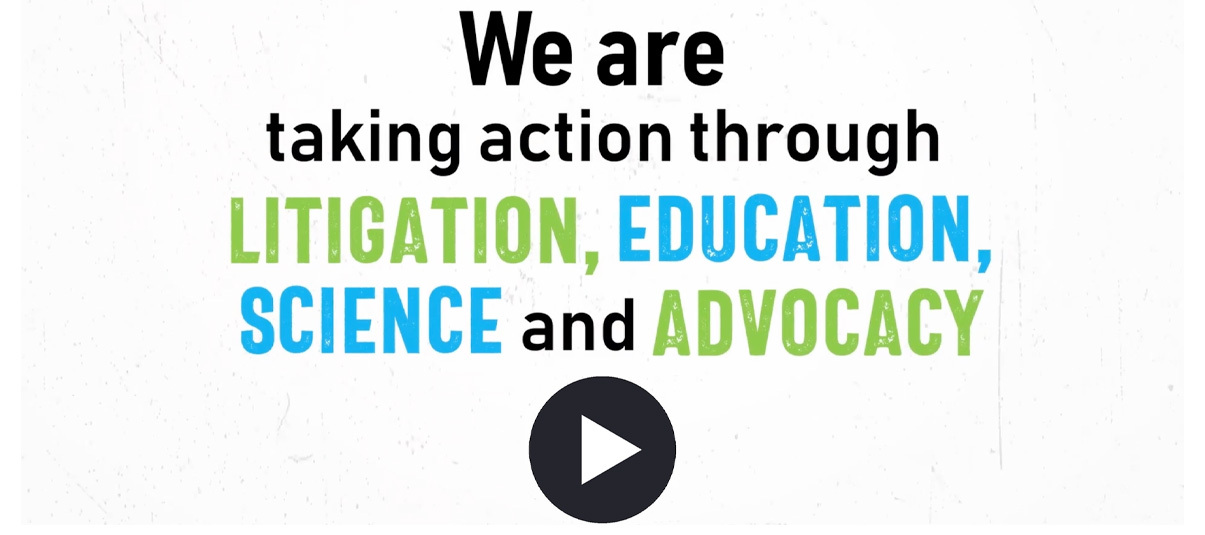Have Childhood Vaccines Really ‘Saved Millions of Lives’? Canadian Researcher Calls Model Flawed
Many parents hear that childhood vaccines save millions of lives—but what if those claims are based on faulty science?
Denis Rancourt, Ph.D., a Canadian all-cause mortality researcher, has analyzed the data and found that these claims rely on flawed models rather than real-world evidence. His new paper, published by Correlation, challenges the idea that vaccines have been the driving force behind lower infant mortality rates.
What’s Wrong with Vaccine Studies?
Public health groups like the World Health Organization (WHO) often say vaccines have prevented millions of deaths. But Rancourt found that these estimates:
- Are based on assumptions, not actual death records.
- Ignore factors like nutrition, clean water and poverty, which play a huge role in child survival.
- Overlook independent research that links vaccine rollouts to increased infant deaths.
Using actual mortality data, Rancourt suggests that, since 1974, mass vaccination campaigns might have contributed to 100 million vaccine-related deaths worldwide—contrary to what we’re told.
Where’s the Proof?
If vaccines were the key to saving lives, we should see big drops in infant mortality when new vaccines roll out. But Rancourt found no such pattern. Instead, global infant mortality rates were already improving before vaccines were introduced—and slowed down when mass vaccination campaigns started.
His research backs up other studies showing that vaccines given in low-income countries have sometimes led to spikes in infant deaths.
Are We Being Misled?
Many of the studies promoting vaccines are funded by big organizations like the Bill & Melinda Gates Foundation and the Gates-funded Gavi, the Vaccine Alliance—both of which have major financial interests in vaccines. Even major medical journals, once trusted for unbiased research, are now heavily influenced by pharmaceutical companies.
What About Poverty and Nutrition?
One major flaw in vaccine studies is that they don’t consider other reasons why children die. The WHO claims the measles vaccine has saved millions of lives, but the real issue behind measles deaths is malnutrition. Well-fed children in clean environments rarely die from measles.
Instead of focusing so much on vaccines, Rancourt argues we should put more effort into improving basic needs—like clean water, healthy food, and better living conditions. These have a much bigger impact on child survival than vaccines ever could.
What This Means for Canadian Parents
As Canadians, we often trust public health messages, but Rancourt’s findings suggest we should ask more questions. Are vaccines always the best solution? Should we focus more on improving overall health and nutrition?
For parents, it’s important to have all the facts before making decisions about childhood vaccines. Science should be based on real-world data—not assumptions or industry-driven models.
Sources:
Children's Health Defense, The Defender “Opinion: Invalidity of counterfactual models of mortality averted by childhood vaccination”
**************************************************************************************************************************************************

